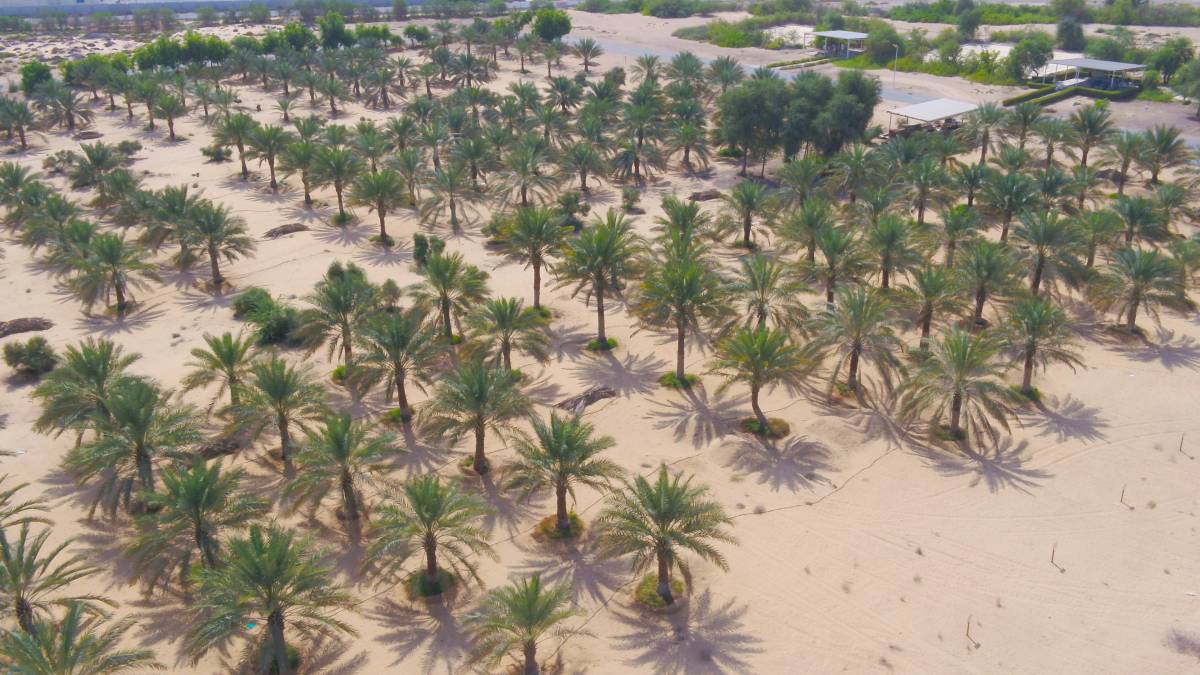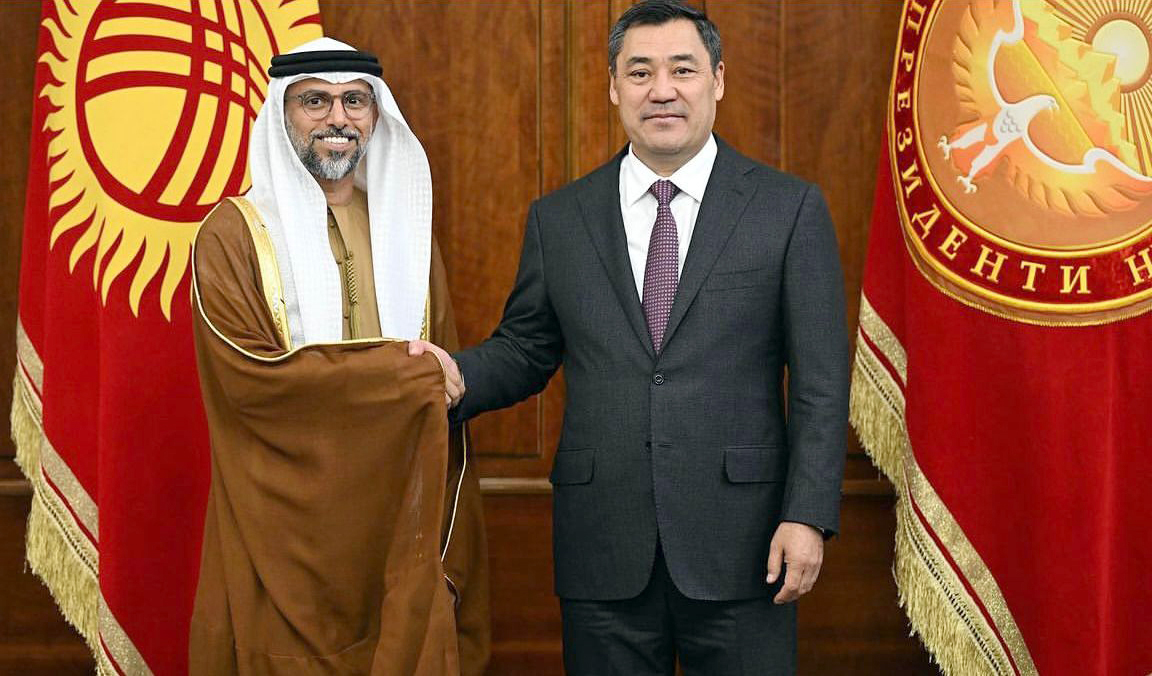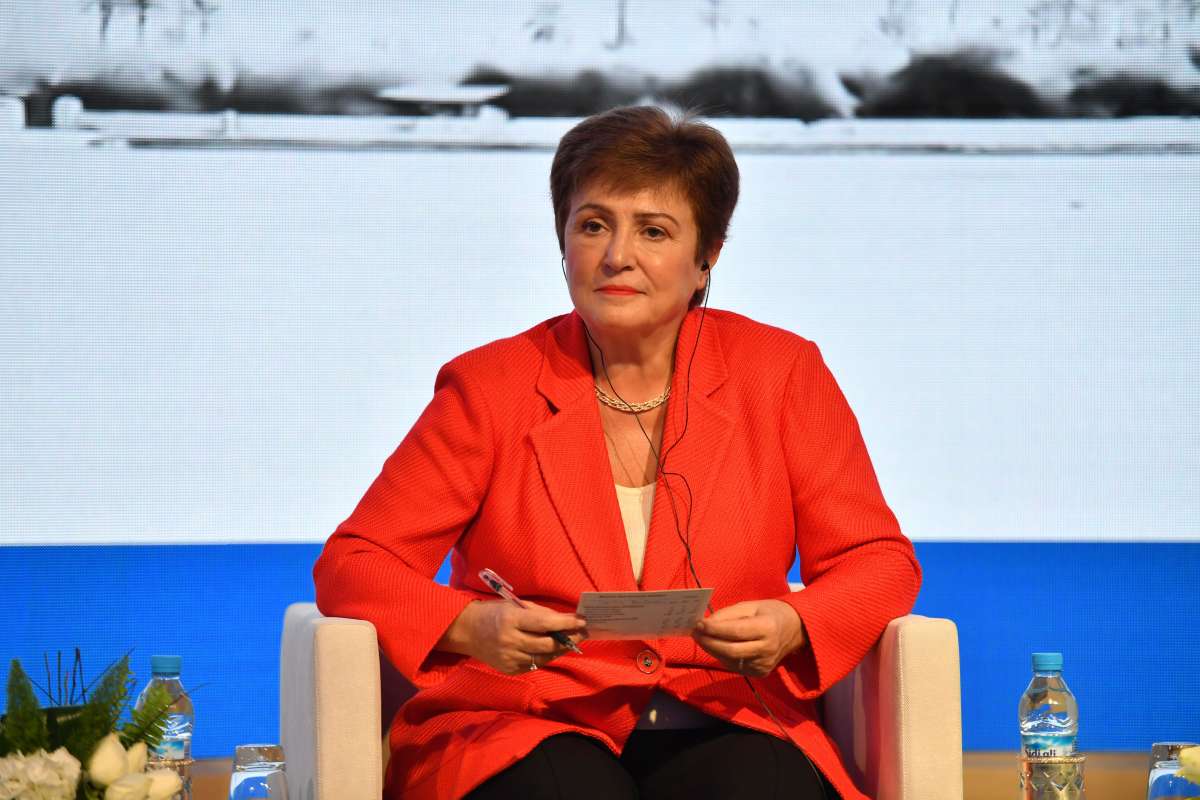Indian Minister Piyush Goyal says that the UAE, as a global food hub, will help establish the ‘I2U2 food security corridor in India’ to control global food prices. He stated, ‘The UAE, as a trading hub, can cater to the GCC, CIS countries (former Soviet Republics), Eastern Europe, and all of Africa, allowing seamless transportation of goods across these regions. Therefore, I firmly believe that the food corridor will achieve significant economies of scale and contribute not only to global food security but also to stabilizing food prices,” the Indian minister told Binsal Abdulkader in an exclusive interview for WAM
The UAE as a geographical and business hub will help the proposed ‘food security corridor project in India under the I2U2 framework’ control global food prices, Piyush Goyal, Indian Minister of Commerce and Industry; Consumer Affairs, Food, Public Distribution and Textiles, told the Emirates News Agency (WAM).
“The UAE as a trading hub can cater to the GCC, CIS countries [former Soviet Republics], eastern Europe and all of Africa, and allow seamless transport of goods across these regions. So, I do believe that the food corridor will get large economies of scale and will contribute not only to global food security but also help keep the food prices in check.”
He was referring to a possible US$2 billion investment in a project to build a series of integrated agricultural facilities across India under the I2U2 partnership, comprised of India, Israel, the UAE, and the U.S.
The 11th meeting of the UAE-India High Level Joint Task Force on Investments held in Abu Dhabi reviewed the food security corridor-related investment under the I2U2 framework into India. The project will be instrumental in addressing food security challenges, with the aim of bolstering the supply of essential food items and establishing a resilient value chain between the two nations, said the official press release issued after the meeting.
In an exclusive interview with WAM, Goyal, who co-chaired the meeting, revealed, “We have been able to identify broadly the locations where the UAE companies are looking at investing, how the logistics chain will work, how shipping will be carried out and how we can make sure that the people of UAE will get very fresh food products.”
Economically viable project
Asked whether India will also invest in the food security corridor projects, Goyal said the Indian government wants to leave the investment opportunities to the businesses. “We would like this to be an economically viable business case and investments are welcome from the UAE to India. Indian businesspersons are also welcome to invest in food processing for the large market in UAE and beyond.”
As the Thursday’s meeting discussed the bilateral cooperation in energy sector, it showed the synergy between the two strategic partners, Goyal stressed.
“The fact that we are concerned about UAE’s food security, and we are looking at the food corridor. The UAE is concerned about India’s energy security, and they are looking at an energy corridor with India, which reflects the growing understanding between the two countries.”
RuPay, India’s Indigenous, highly secure, and widely accepted card payment network, and the UAE’s upcoming Domestic Card Scheme (DCS) will be available in each other’s country by the mid-next year, the minister said.
At the meeting an agreement was signed between Al Etihad Payments, a subsidiary of the Central Bank of the UAE, and the National Payments Corporation of India. The agreement creates a strategic partnership to develop the UAE’s Domestic Card Scheme (DCS).
The DCS will be the UAE’s first unified, secure, and efficient card payment platform, accelerating the country’s transition to a digital economy by facilitating the growth of e-commerce, providing consumers with a customised offering, enhancing financial inclusion, and reducing the cost of payments, according to the official press release.
“The fact that RuPay card can be used in the UAE and UAE’s DCS card can be used in India is a measure of the trust between the leaders, businesspersons, and the people of both countries. This trust will lead to so many opportunities,” Goyal emphasised.
RuPay cards have debit, credit, and prepaid propositions. More than 750 million RuPay cards are in circulation as of date. RuPay cards make up more than 60 percent of total cards issued in India, with every second Indian having a RuPay card now.
ALSO READ-Global Food Production Goes Smart and Sustainable at Gulfood









